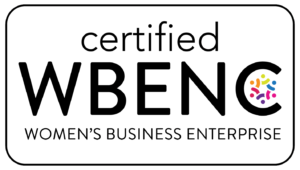Ahh… summer has finally arrived. Summer is the time for enjoying great weather, outdoor activities, exploration and of course the “summer job.” For some young adults this summer could include their very first employment experience so we want to set them up for success! In today’s blog, we’re covering our top 5 tips for maximizing summer employment experiences. Let’s go!
#1 – Always look for ways to add value
A job is more than simply being present. Showing up on time and performing the required duties are minimum expectations. It’s important to stand out by being a differentiator. What does that mean? Essentially, anything that increases revenue, decreases expenses, or improves efficiencies is a value add for an employer. It means looking for ways to accomplish tasks more efficiently and being a problem solver.
#2 – Be a team player
Demonstrate your commitment to team goals by supporting and encouraging your colleagues. Cheer for their successes. Apply critical listening skills for effective communication. Respect others and recognize that everyone’s role on the team is important.
#3 – Ask thoughtful questions
Build rapport by asking questions that reflect your knowledge of the company’s leadership, industry, competitors, products, or customers. Doing so will demonstrate you have a genuine interest in the company.
#4 – Network
Seek mentors and build connections with experienced senior team members; it’s a great start to networking. That said, don’t overlook your peers. Undoubtedly you’ll cross paths with them again as you rise through the ranks. Peer networking is also a valuable resource for leads on future opportunities.
#5 – Document your experience
Take a moment at the end of each day to review the tasks you completed, the skills you utilized to execute those tasks, any new skills you acquired, and quantify your accomplishments. This information will be critical when updating or creating your résumé. Your recollection of details a year later may falter so it’s best to collect and record information in the moment.
We hope something shared here helps you. Tell us about your first summer job in the comment section below and make it a great day!






